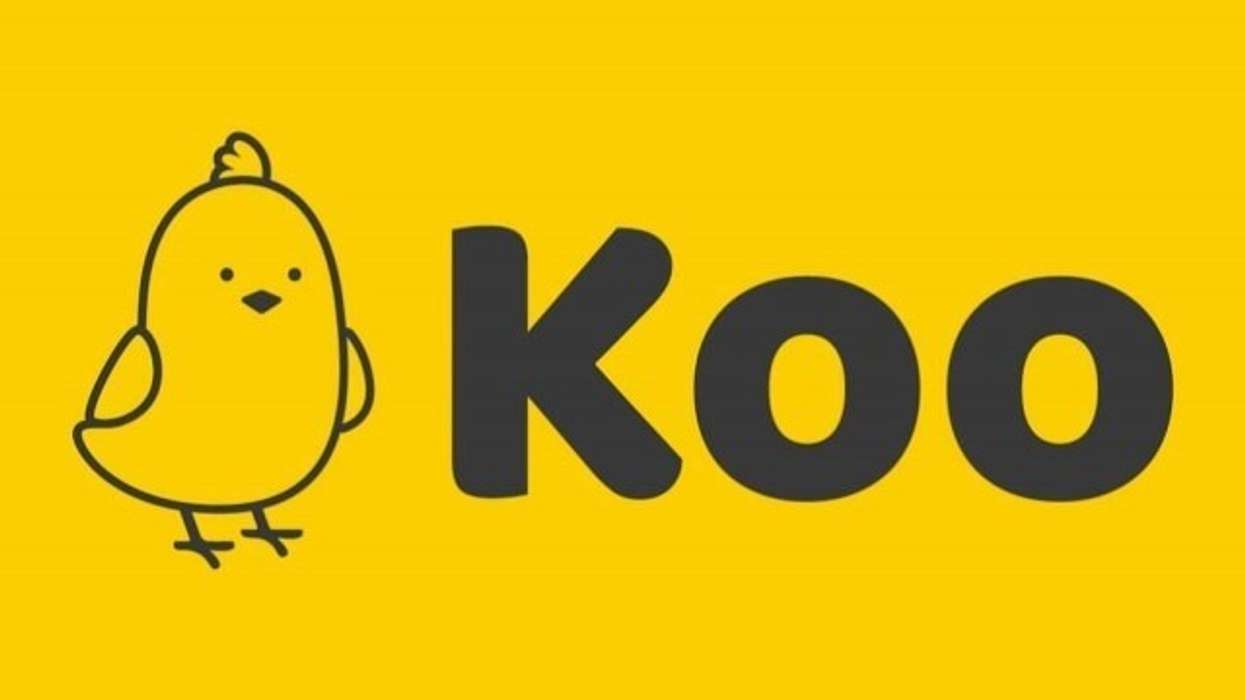INDIAN social media platform Koo is shutting down operations permanently, the company's co-founder Mayank Bidawatka announced on Wednesday (3).
Koo was initially launched to give an alternate option to users speaking different Indian languages and in a way act as rival to giant global platform X.
The founders cited lack of funding and high technology costs as reasons for the shutdown.
Koo, which launched in 2020, supported messaging in over 10 Indian languages and gained popularity in 2021. This rise was fuelled by endorsements from several ministers during a dispute between the Indian government and X, then known as Twitter.
The conflict began when prime minister Narendra Modi's government asked Twitter to block accounts accused of spreading fake news, including those of journalists, news organisations, and opposition politicians.
Twitter initially complied but later restored the accounts, saying there was "insufficient justification" for the blocks. This led to threats of legal action against X employees in India from the government.
In the midst of the dispute, many supporters, ministers, and officials from Modi's Bharatiya Janata Party (BJP) moved to Koo, promoting hashtags to ban X in India. By the end of 2021, Koo had reached 20 million downloads in the country.
Despite its early success, Koo has struggled to secure funding in recent years.
Founders Aprameya Radhakrishna and Bidawatka mentioned on LinkedIn that Koo was close to surpassing X in India by 2022, but a "prolonged funding winter" forced them to scale back their ambitions.
They explored partnerships with larger internet companies, conglomerates, and media houses, but these talks didn't lead to desired outcomes.
In February, Indian news websites reported that Koo was in talks to be acquired by news aggregator Dailyhunt, but the negotiations failed. By April 2023, Koo had to lay off 30 per cent of its 260 employees due to significant losses and lack of funding.
The founders expressed their desire to keep the app running but ultimately decided to shut it down because of the high costs associated with maintaining technology services.
"Social media is probably one of the toughest companies to build even with all resources available as you need to grow users to a significant scale before one thinks of revenue. We needed five to six years of aggressive, long term and patient capital to make this dream a reality,"said the founders.
"Koo could have easily scaled internationally and given India a global brand that was truly made in India. This dream will remain."
(with inputs from ANI)





